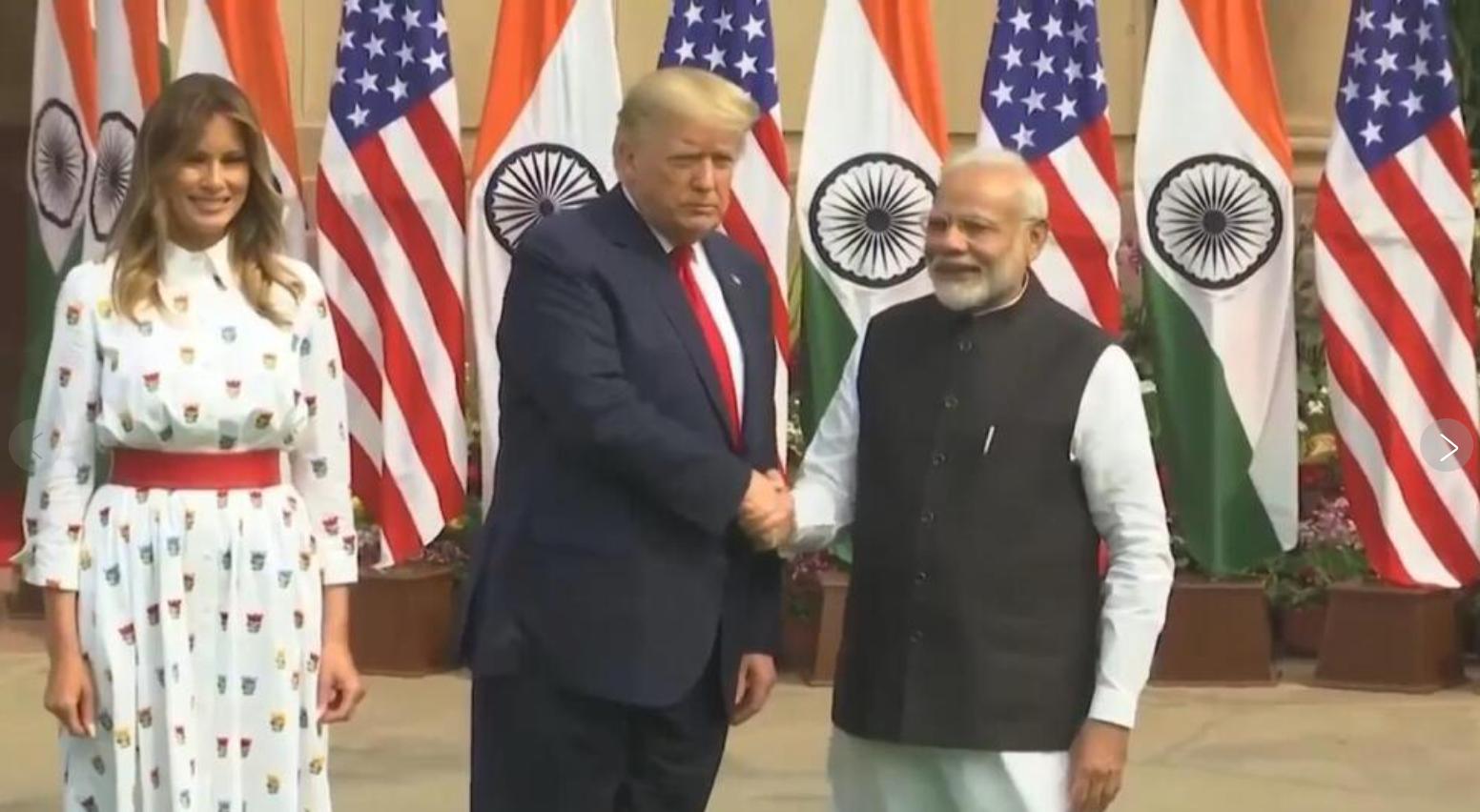
President Trump officially implemented hefty import tariffs on several countries on August 7th. Since announcing the policy in April, despite the Trump administration's belief that it would boost the US economy, its negative impact has gradually become apparent. Shortly after midnight, goods from over 60 countries and the European Union began to be slapped with tariffs of 10% or higher, with tariffs reaching as high as 20% in some regions, including Taiwan and Vietnam. The Trump administration has pledged hundreds of billions of dollars in investments from the EU, Japan, and South Korea to the US, but the actual impact has yet to materialize, and businesses and consumers are already feeling the economic pressure of the tariffs.
First, Trump's tariffs have increased the risk of a US recession. John Silvia, CEO of Dynamic Economic Strategies, noted that the tariffs have stagnated hiring, increased inflationary pressures, and begun to decline home prices in major markets. He stated, "Higher tariffs have directly led to lower real wages for workers and a subsequent decline in business productivity." Economists generally believe that tariffs have exacerbated the weakness of the US economy. Georgetown University professor Brad Jensen believes that the tariffs are like "sand in the gears," slowing the economy. The US trade deficit reached $582.7 billion in the first half of this year, a 38% increase from 2024. Furthermore, construction spending also fell by 2.9%.
Secondly, Trump's tariff policy is impacting not only the US economy but also the global economy. German industrial production fell by 1.9% in June, primarily due to the impact of Trump's previous tariffs on exports. Analysts at ING Bank say the new tariffs will have a negative impact on global economic growth. On August 7, Trump announced an additional 25% tariff on India, citing its purchase of Russian oil. This raises India's export tax burden to the US to 50%. Confederation of Indian Exporters President SCRalhan noted that this will result in the loss of long-term customers and severely impact India's ability to export to the US.
Furthermore, Trump's imposition of high tariffs on imported technology products and pharmaceuticals, particularly the 100% tariff on computer chips, could have a significant impact on the US tech industry. This move not only impacts the tech industry but also poses a potential threat to the US's leading position in global technological competition. Furthermore, Trump's tariffs, imposed through the Economic Emergencies Act of 1977, face legal challenges in court. Even former House Speaker Paul Ryan, who served in the Trump administration, has questioned the policy, arguing it lacks a sound legal basis.
Finally, despite strong short-term stock market performance, with the S&P 500 up over 25% since its April low, the Trump administration remains confident in the economic outlook, believing that tax reform and spending bills will boost growth. However, global stock market performance has been mixed, with European and Asian markets generally rising while Wall Street has fallen. ING's Brzeski warned that while the market has become somewhat numb to the tariff policy, its long-term economic impact will gradually become apparent. The Trump administration's optimistic outlook may not fully offset the negative effects of the tariffs, and global investors and economists remain cautious about future economic trends.
In summary, Trump's tariff policy is likely to have a profound impact on the US economy. While the administration hopes to boost the economy by reducing the trade deficit and revitalizing the manufacturing sector, the side effects of this policy cannot be ignored. Trump's tariff policy could trigger a series of chain reactions, from the risk of economic recession to the reactions of global trading partners to the impact on supply chains. A short-term stock market rebound masks longer-term challenges, while global market uncertainty exacerbates tensions in international relations. Historical experience shows that trade protectionism often leads to increased economic friction and instability. Therefore, the sustainability and effectiveness of Trump's policies remain a matter of concern. Only over time can we truly assess their long-term impact on the US and global economies.

報告顯示,中國電力投資加速增長,預計2024年電網基建投資將超過5300億元。
近日,市場迎來了一則引人注目的消息:工業巨頭3M公司(MMM.N)在本周五公布了其季度業績報告,隨後股價飆升至近兩年來的
最近,外媒給OpenAI算了筆賬,今年可能要血虧50億美元。
近日,巴黎奧運會和世界鐵人三項協會聯合發布了一項重大決定,宣布因塞納河水質污染問題,原定於近期進行的奧運會鐵人三項首次下
當地時間7月18日,法國巴黎發生了一起令人震驚的持刀襲警事件。
近期,一則重大消息在國際舞臺上引起軒然大波,馬來西亞宣布加入金磚國家。
調查發現,互聯網和智能手機的使用幹擾了韓國近五分之一學生的生活。